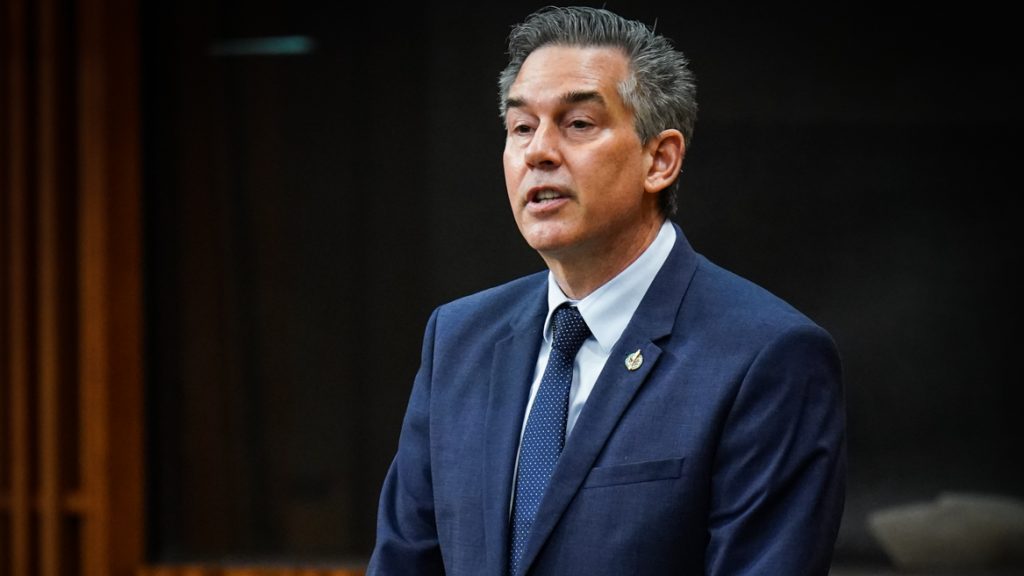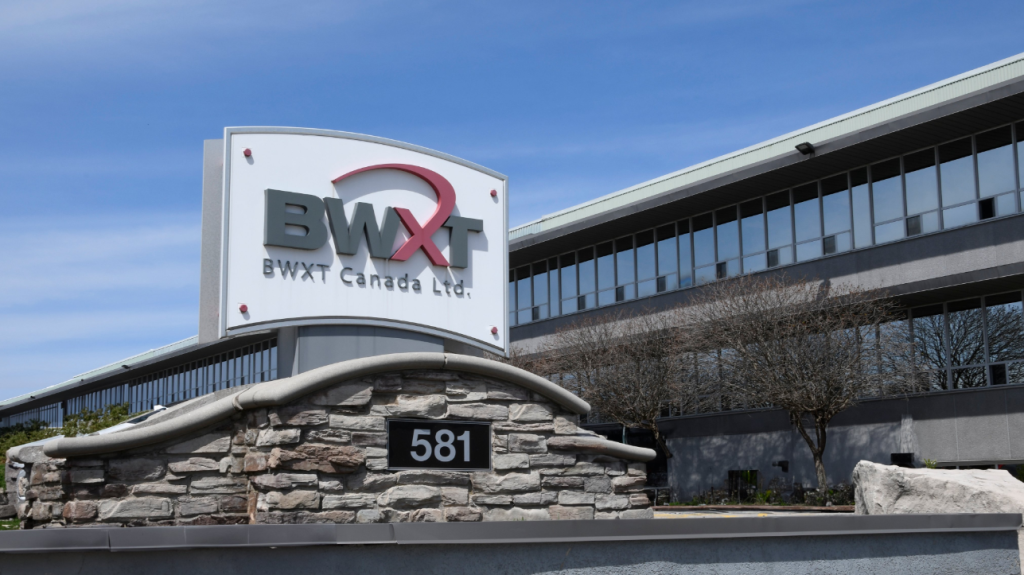First Nation chiefs look to block New Brunswick’s new forestry strategy
Posted Aug 15, 2014 02:27:21 PM.
This article is more than 5 years old.
FREDERICTON – Aboriginal leaders in New Brunswick are taking the provincial government to court in an effort to block an increase on the caps for harvesting softwood lumber in a new 10-year forestry strategy.
The Assembly of First Nations Chiefs in New Brunswick filed for an injunction in the Court of Queen’s Bench on Wednesday, arguing the new strategy will cause irreversible environmental harm.
“This is not just a First Nations issue, this is an issue that will impact everyone in this province,” said the assembly’s Maliseet co-chair, Chief Brenda Perley, in a statement.
“Increasing the annual allotment for harvesting softwood lumber will further endanger culturally significant species like deer and salmon, among other plant and animal life that aboriginal and non-aboriginal conservationists, recreational and commercial fishers and hunters and anyone who takes pride in the natural beauty of New Brunswick enjoy and depend upon.”
A spokesman for the Natural Resources Department wasn’t available for comment.
The province announced in March it was raising its softwood lumber caps, allowing the forestry industry to harvest 660,000 more cubic metres of wood per year. The change amounted to a more than 20-per-cent increase from existing levels.
Natural Resources Minister Paul Robichaud said at the time the move would make the industry more competitive and create hundreds of new jobs in the province.
The increase in the province’s new forestry strategy brought the total allowable amounts to about 3.9 million cubic metres of spruce and fir, Robichaud said in March.
One day after the announcement, Irving Pulp and Paper said it planned to spend about $450 million to modernize a pulp mill in Saint John.
Native leaders oppose the change, accusing the government of failing to adequately address aboriginal concerns or properly consulting with them.
The Assembly of First Nations’ Chiefs in New Brunswick says it is bringing forward the legal action on behalf of itself and 10 First Nation communities, with more aboriginal groups expected to join.
They are asking that the court put the forestry strategy on hold until their concerns are addressed.










